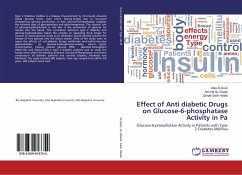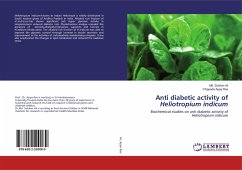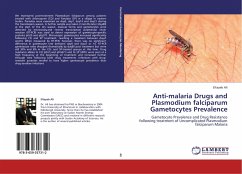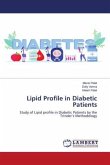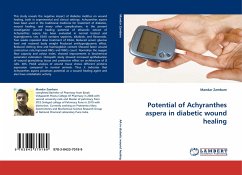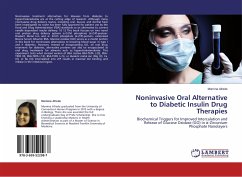Type 2 Diabetes mellitus is a disease characterized by chronically elevated blood glucose levels, even when fasting largely due to increased endogenous glucose production. In liver, glucose-6-phosphatase catalyses the terminal step of glycogenolysis and gluconeogenesis. The classical role of glucose-6-phosphatase in the liver is the production of glucose for release into the blood. This correlation between type 2 diabetes and glucose-6-phosphatase makes this enzyme an appealing drug target for control of blood glucose levels as its inhibition would directly prevent the release of free glucose into the blood stream. Aims of the study were to assess the effects of anti-diabetic drugs( metformin and metformin plus glibenclamide) on Glucose-6-phosphatase activity, serum leptin concentration, Fasting plasma glucose (FPG) , Glycated hemoglobin (HbA1c%) and lipid profile in type 2 diabetic patients and to study the factors that affect the binding between Glucose-6-Phosphatase and biotinantibody in all diabetic patients and control. Subjects, Materials and Methods: This study includes (84) subjects, their age ranged from (40 to 54) years. (20) subjects were heal
Bitte wählen Sie Ihr Anliegen aus.
Rechnungen
Retourenschein anfordern
Bestellstatus
Storno

